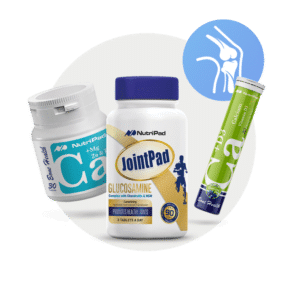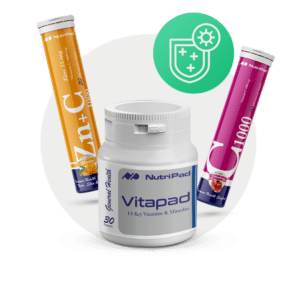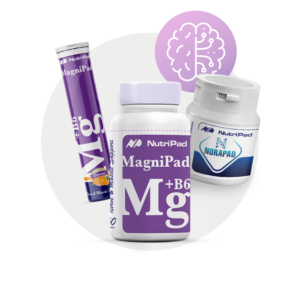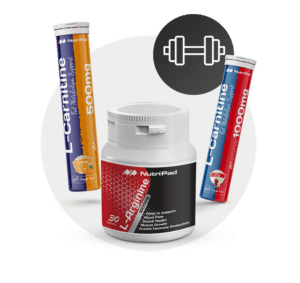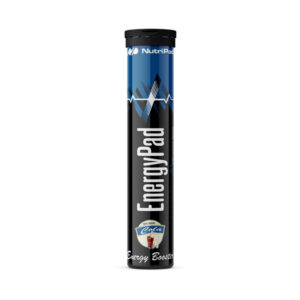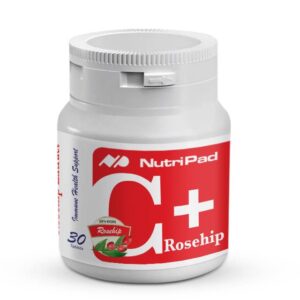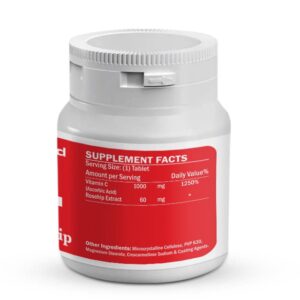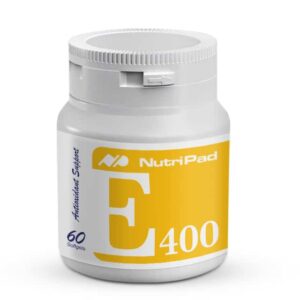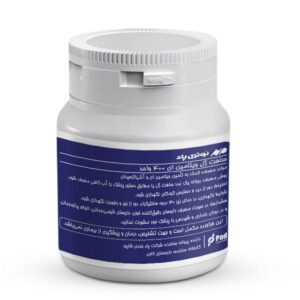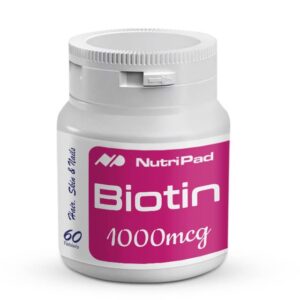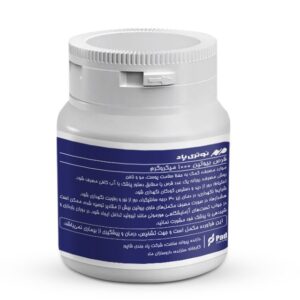Anemia: Causes and classification
Anemia is defined as a decrease in blood capacity to transport oxygen. This decrease may result from a decrease in the total number of red blood cells (RBCs) or dysfunctional red blood cells.
The loss of red blood cells may be due to bleeding (for example, heavy periods in women, bleeding from GI tract or trauma, etc.) or due to the destruction of red blood cells (for example, due to underlying diseases such as G6PD deficiency (favism), or the use of certain drugs)
Abnormal red blood cells may be a result of nutritional deficiencies or impaired absorption of nutrients necessary for hematopoiesis (process of making blood in the body (, or can be seen in hematologic diseases such as thalassemia, sickle cell anemia, etc.
Red blood cells are made in the bone marrow, and the dysfunction of the bone marrow interfere with hematopoiesis (as seen in some malignancies or cancers). Moreover, the normal production of red blood cells requires the support of the body’s hormonal system. For example, a hormone called “erythropoietin” is secreted from the kidneys, which is necessary for blood production. Patients with chronic kidney disease (CKD) have deficiency in this hormone, and if they do not receive appropriate treatment, hematopoiesis will be affected in their bone marrow. Hypothyroidism could also cause anemia.
In anemia, oxygen delivery to different tissues of the body is affected. Shortness of breath, increased heart rate (which is a mechanism for compensating decreased oxygen supply to the tissues), fatigue, lethargy, irritability and dizziness and decreased concentration are among the most important symptoms of the anemia.
Discussing all types of anemia is beyond the scope of this writing. In the following, we are going to have a brief review on “nutritional” causes of anemia.
The most common nutritional cause of anemia is iron deficiency. Hemoglobin is the main protein found in red blood cells and is responsible for transporting oxygen. The red color of the blood is due to the presence of hemoglobin, and that is why paleness of the skin and mucous membranes is a symptom of significant anemia. Iron is an important element participates in the structure of hemoglobin. Anemia sometimes manifests itself in the form of abnormal hemoglobin content in red blood cells, and red blood cells may become paler than normal (hypochromic) due to a decrease in hemoglobin. Sometimes anemia manifests itself as a change in the size of red blood cells, and red blood cells become smaller than normal (microcytic) or larger than normal (macrocytic). In iron deficiency anemia, red blood cells become paler than normal and also smaller than normal (microcytic and hypochromic). Iron is found in some plants such as spinach and parsley, however unlike iron from animal sources (such as meat), iron present in plant sources is not well absorbed. Therefore, people who adopt a vegetarian diet are prone to iron deficiency. Another important point is that in the normal state, the iron in red blood cells is recycled in the body after the destruction of red blood cells (normal life of RBC is about 120 days). But when “bleeding” is the cause of anemia (for example in women with heavy periods or in patients with long-term bleeding from the gastrointestinal tract), due to the loss of iron in hemoglobin, the patient will become iron deficient eventually. That is in case of bleeding, in the presence of a healthy bone marrow, it is necessary to replace the lost iron for effective hematopoiesis. For this reason, many women are prone to iron deficiency anemia and need to take iron supplements.
Vitamin B12 or cobalamin is another important nutrient that is necessary for hematopoiesis in the body. Vitamin B12 is found almost exclusively in animal food sources such as meat and eggs. The body stores vitamin B12 in the liver. The stored Vitamin B12 in the body is adequate for two to three years. For this reason, people who adopt a vegetarian diet may not show symptoms of vitamin B12 deficiency, including anemia, for 2-3 years, but eventually, if they do not take supplements containing vitamin B12, they will experience symptoms of vitamin B12 deficiency. In addition to anemia, vitamin B12 deficiency causes important neurological symptoms. Some people have problems absorbing vitamin B12 due to a defect in the digestive system, that results in vitamin B12 deficiency. These people need to use injectable vitamin B12 for life. Some medications like metformin (one of the important oral blood glucose lowering drugs used in diabetics) may also predispose a person to vitamin B12 deficiency.
Folic acid (vitamin B9) is another nutrient that is important for blood formation. Folic acid is found abundantly in vegetables and its deficiency is less common. However, unlike vitamin B12, the body does not have a large reserve of folic acid, and if taking folic acid through diet declines, symptoms of folate deficiency could appear rapidly. Apart from its role in hematopoiesis, folic acid plays an important role in the formation of the neural cord in the fetus, in the first weeks of pregnancy, and its deficiency in the mother will result in severe birth defects. Women who plan for pregnancy should pay attention to the possible deficiency of folic acid from the previous months, because the adverse effects of folic acid deficiency are related to the first weeks of pregnancy. For this reason, in some countries, foods are fortified with folic acid to prevent folic acid deficiency during pregnancy and related fetal defects. (Note that in the first weeks of pregnancy, the mother may be unaware of her pregnancy.)
Anemia caused by vitamin B12 and folic acid deficiency, unlike iron deficiency anemia, manifests itself with red blood cells larger than normal (macrocytic). Due to the importance of neurological complications caused by vitamin B12 deficiency, macrocytic anemias should never be treated with folic acid alone, because the macrocytic state of red blood cells may be resolved by taking folic acid, but the vitamin B12 deficiency continues and serious neurological symptoms could be precipitated.
Although iron, folic acid and vitamin B12 play a vital role in hematopoiesis, the vitamins and minerals effective in hematopoiesis are not limited to the above. Of notice, other B vitamins especially vitamin B6, vitamin A, and some other minerals like copper, are important in hematopoiesis.




